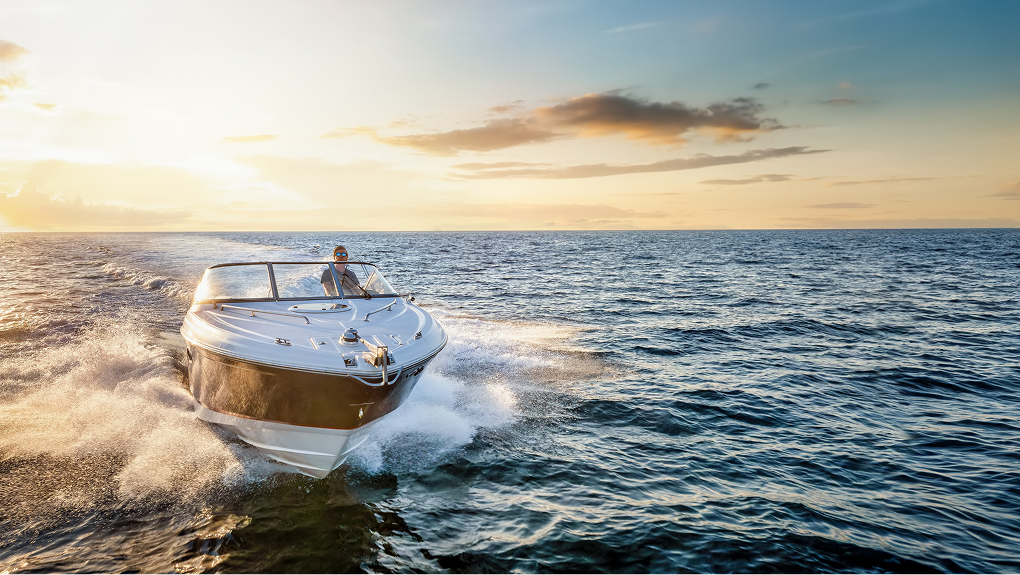“I’d recommend them to anyone working offshore. They fought hard and got me a settlement that helped cover my medical bills and lost wages.”



A sudden boating accident can turn a day of fun on the Gulf Coast into a life-changing ordeal. Whether it’s a collision, a capsizing, or another offshore incident, the aftermath can leave you facing serious injuries, costly medical bills, and a long road to recovery. If you or a loved one has been injured in a boating accident, you don’t have to face this alone.
Our experienced legal team specializes in helping Gulf Coast residents secure the compensation they deserve after boating accidents and offshore injuries. We understand the complexities of maritime laws and the challenges victims often encounter when seeking justice. Every case deserves a dedicated advocate, and we’re here to provide compassionate, skilled representation.
Don’t wait to protect your rights—reach out to us for a free consultation today. Your recovery starts with a single call.
Boating accidents can stem from various causes, often turning what should have been a relaxing day on the water into a devastating event. Common scenarios include collisions between watercraft, accidents caused by operator negligence, and instances of equipment failure. Whether it’s a boat that strays into hazardous waters due to inexperience or a vessel with defective parts that lead to malfunctions, the results can be catastrophic. These incidents not only put operators and passengers at risk but also endanger others sharing the waterways.
Offshore injuries present additional layers of complication. These injuries frequently occur in unique environments such as the Gulf of America, where maritime activities are common. Unlike typical personal injury cases, offshore injuries are governed by maritime laws that differ significantly from state laws. Jurisdictional complexities, such as determining whether state courts or federal maritime courts have authority, often come into play. This makes it critical to understand the intricate legal frameworks, such as the Jones Act or Longshore and Harbor Workers’ Compensation Act (LHWCA), that may apply to your case.
Navigating these challenges requires the expertise of a qualified legal professional. A skilled boating accident lawyer can dissect the circumstances surrounding the incident, identify liable parties—be it an operator, manufacturer, or maintenance provider—and build a compelling case to seek compensation. If you or a loved one has suffered due to a boating accident or sustained offshore injuries, securing experienced legal representation ensures your rights are protected and gives you the best chance at a successful claim.
Boating accidents can occur for various reasons, often with serious consequences for those involved. Understanding the most common causes can help victims recognize when negligence played a role and identify who may be held liable. Here are some frequent factors that contribute to boating accidents:
Determining liability in a boating accident is a critical step in pursuing compensation for damages and injuries. Multiple parties may be held responsible depending on the circumstances surrounding the incident. Understanding who bears the legal burden often requires examining factors such as negligence, maritime laws, and evidence specific to the case.
Potential Liable Parties:
Victims of boating accidents often face considerable physical, emotional, and financial challenges in the aftermath. Obtaining compensation can provide the resources needed to recover and rebuild following such a traumatic event. Below are the types of compensation victims may be entitled to receive:
After a boating accident, your safety and health are the top priorities. Here’s what you should do:
The time limit to file a claim, known as the statute of limitations, depends on the specifics of your case. For most personal injury claims, the timeline is usually two years from the date of the accident, but maritime laws can differ. An attorney can guide you on the deadlines that apply to your situation. Acting promptly helps protect your legal rights.
Victims of boating accidents may be entitled to several types of compensation, including:
While it’s not mandatory to hire a lawyer, having one can significantly improve your chances of a successful outcome. Boating accident cases often involve complex maritime laws, liability disputes, and negotiations with insurance companies. An experienced attorney can handle these complexities, ensure you receive fair compensation, and focus on protecting your rights while you focus on recovery.
For personalized guidance and dedicated support, reach out to our boating accident lawyers to discuss your case.
